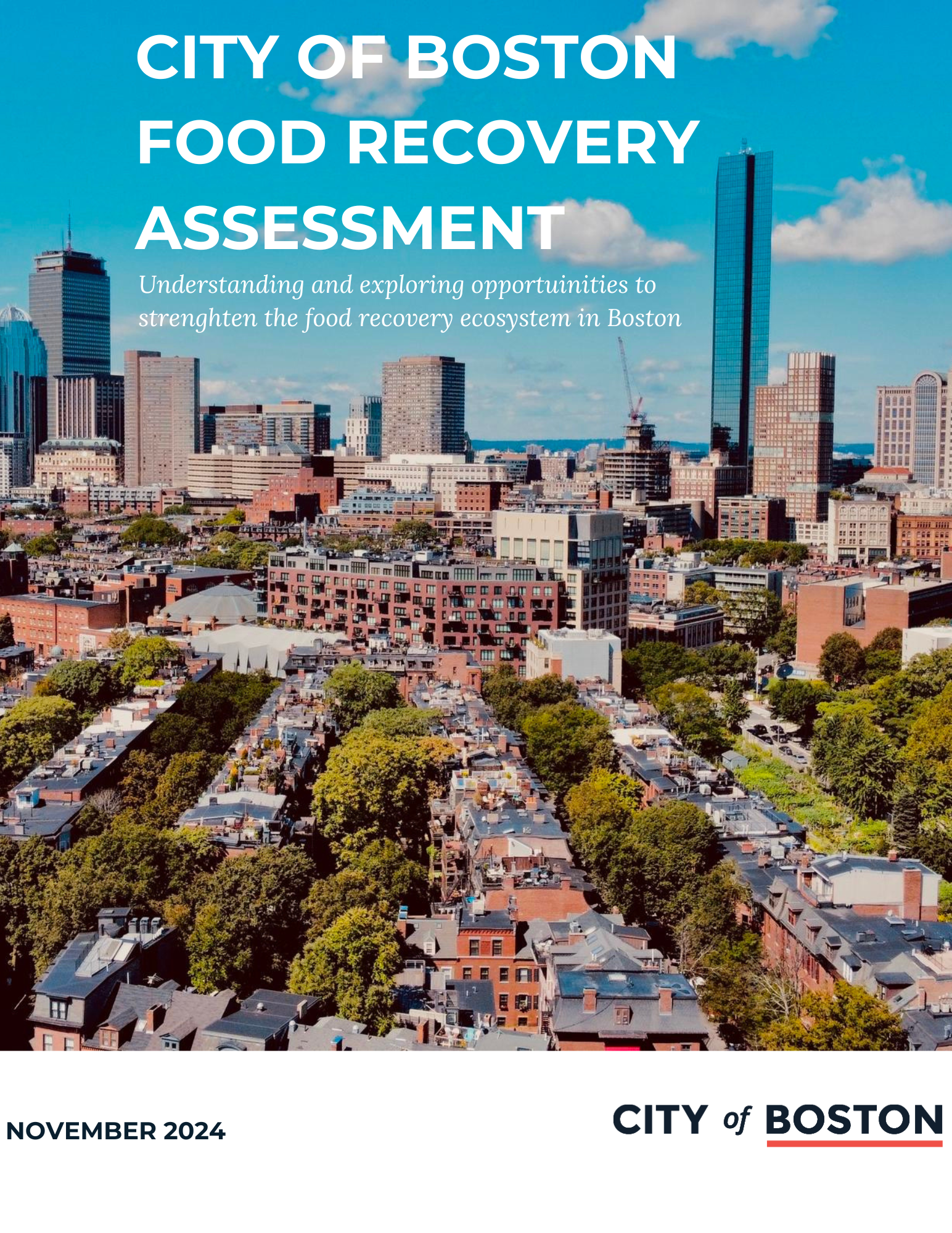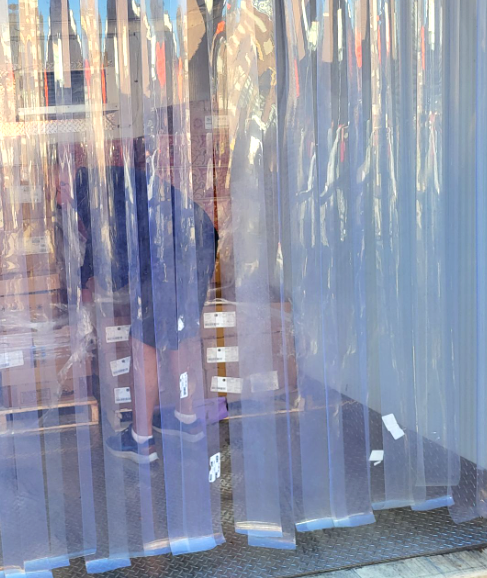Food Recovery Initiative
Strengthening pathways to connect food insecure residents with fresh, healthy recovered food.
ABOUT
There is far too much edible and healthy food in our City and the region that is not going to feed residents.
Boston, like other cities in the US, has a high level of nutritious food that is wasted, some of which is fresh and safe to eat, and could be addressing inequities in food access throughout our city.
food recovery assessment
The Office of Food Justice developed a Food Recovery Assessment to evaluate the food recovery landscape in Boston and help identify interventions to scale food recovery, increase responsiveness to community needs and reduce wastage of surplus food. We engaged community members and food access and food recovery organizations, along with businesses that generate food waste, to shape the report’s findings. The assessment recommends strategies the City can pursue to enhance food recovery efforts, ensuring surplus, safe-to-eat, and nutritious food is redistributed rather than entering the waste stream. Together with our partners, OFJ is excited to move forward recommendations from the report over the coming years.
cold storage grant program
The Office of Food Justice awarded Healthy Food Access through Cold Storage grants in fall 2024 to enable the storage and distribution of perishable food, including recovered and donated food. Cold storage has emerged as a lynchpin to increasing access to fresh foods, especially fruits and vegetables. Lack of refrigeration is a key roadblock to increasing access to recovered food that safely meets the health code and extends shelf life. Funding cold storage will help:
- increase the volume of food that is eaten instead of wasted
- reduce greenhouse gas emissions from food going to landfills or incinerated, and
- better the availability of culturally relevant foods.
The grant's purpose is to fund strategies that expand refrigeration and freezer space throughout the cold chain. The goal is to ensure food is fresh, safe, and available to residents.



